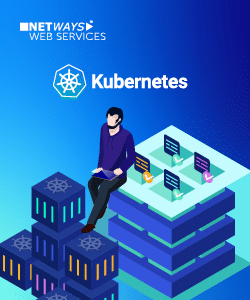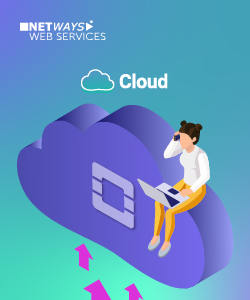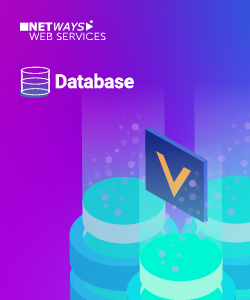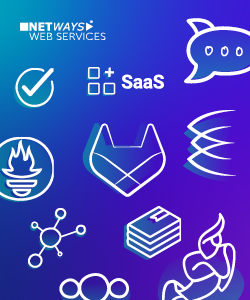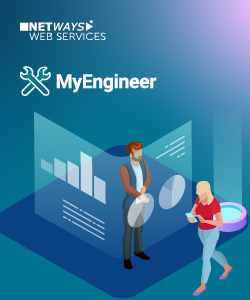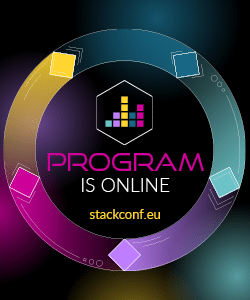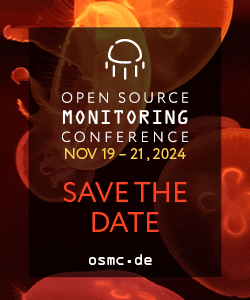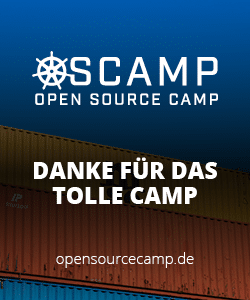Der heute erreichte Grad der Virtualisierung erlaubt es, nahezu ganze Rechenzentren und ihre Netzinfrastruktur virtuell abzubilden. Dazu bedarf es eines Infrastructure-as-Code-Werkzeugs wie Terraform, das sich dem Multicloud-Management verschrieben hat. Terraform stellt Rechenzentrumsressourcen unterschiedlicher Cloud-Provider bereit – bei Bedarf auch für andere Werkzeuge.
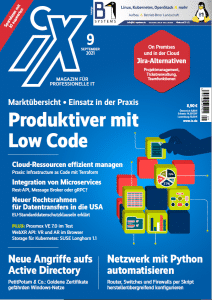
Wir haben die Terraform Schulung in drei Versionen im Programm, mit Fokus auf OpenStack, AWS oder Azure. Darum geht’s bei allen dreien: Mit der aktuellen Version von Terraform und seiner Konfigurationssprache HCL (Hashicorp Configuration Language) in Version 0.12 hat sich das Vorgehen zur Automatisierung von Cloud Infrastruktur weiterentwickelt. Unsere Terraform Schulung zeigt, wie Infrastruktur mit der Terraform eigenen DSL (HCL, Hashicorp Configuration Language) idempotent realisiert wird. Neben der Theorie mit vielen Beispielen beinhalten die Fortbildungen praktische Übungen anhand von OpenStack, AWS oder Azure. Ebenfalls erfolgt eine kurze Einführung in cloud-init, um weitere Software zu installieren und zu konfigurieren.
Die kommenden Terraform Schulungstermine
- Terraform mit AWS Training in Nürnberg, 19. – 20. Oktober 2021
- Terraform mit Azure Training in Nürnberg, 28. – 29. Oktober 2021
Melde Dich jetzt an und sichere Dir Deinen Platz!
Die genauen Inhalte, Voraussetzungen und alles weitere Wissenwerte erfährst Du auf unserer NETWAYS Trainings-Seite zur Terraform Schulung.






